You are here
Back to topPakistani Mandarins Foresee Good Export Opportunities in China
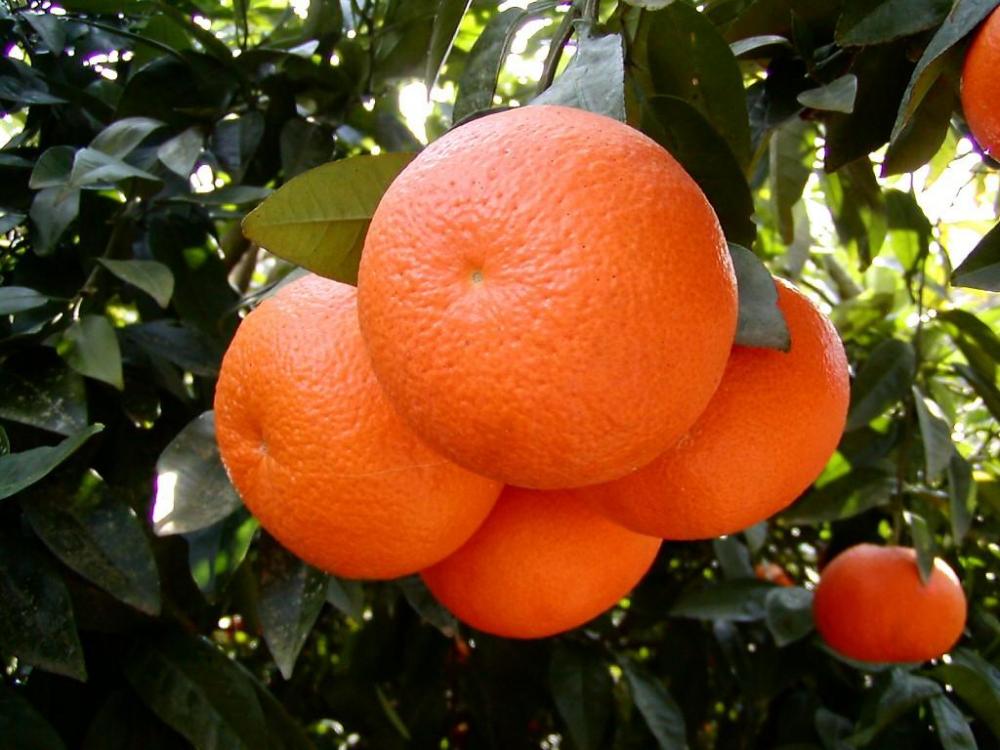
Pakistani kinnows possess a unique, consumer-winning flavour
Photo: TRTA Pakistan
Mandarin season in Pakistan began in early December 2016, and immediately Pakistani exporters busied themselves with seeking opportunities to export to China. Farhan Rabbani, Export Director at Al-Mahmood Group, told Produce Report that despite unfavorable weather conditions affecting this season’s mandarin crop in Pakistan, with production volume less than expected, the quality of the fruit remains excellent. In conversation with Produce Report, Mr. Rabbani shared his expectations for this season’s exports, his thoughts on competition with other mandarin-producing countries, and the prospects for Pakistani fruit in China.
Produce Report: What were Al-Mahmood’s mandarin exports last season? And what volumes do you expect for the 2016/17 season?
Farhan Rabbani: In 2015/16, our exports amounted to $4.9 million. This season’s crop was hit by extreme weather conditions causing a significant decrease in production. On average, Pakistan produces 2 million tons of mandarins every year, but there is a 20-25% loss in total yield this season. Despite this fact, Al-Mahmood is aiming to increase its exports to China, relying on the high quality of fruit produced and strengthened cooperation with Chinese importers.
Produce Report: Have you started the business with China?
Farhan Rabbani: We have been qualified to export mandarins to China, as well as to Iran and Russia, for already more than 10 years. However, in practice, shipments to China became possible only last year.
Produce Report: Is this because China’s citrus market is already saturated with imported and local products? How do you approach competition with other exporters and with China itself, the world’s biggest citrus producer?
Farhan Rabbani: It is true that China’s citrus market is more than a little crowded. However, with the market’s booming growth, there is always room for newcomers. Our biggest competitor, as you correctly observed, is China, which has a wide range of varieties and huge production volumes. Citrus from our other competitors, such as Turkey, Thailand, and other countries that share the same mandarin-growing season, is more expensive than our Pakistani citrus.
Another advantage of our mandarins over those from other countries is their unique characteristics. ‘Kinnows,’ Pakistan’s special variety of mandarins, are extremely sweet, easy to peel, and have a long shelf live, upwards of 75 days if preserved under proper conditions.
Moreover, Al-Mahmood has extensive experience in cultivating and marketing mandarins. We are one of Pakistan’s oldest growers and exporters, having operated our own kinnow farms and accumulating sales experience since 1975.
Produce Report: Does Al-Mahmood only want to export mandarins to China?
Farhan Rabbani: No, not only mandarins. We also want to export mangoes, potatoes, and onions to China. However, kinnows are responsible for the majority of our export volume.
Produce Report: Speaking of mangoes, China is practically surrounded by its mango suppliers – from India to Thailand, Vietnam, and the Philippines. Will Pakistan offer the Chinese consumer any specialty mangoes? Will you export your famous ‘Chaunsa’ to China?
Farhan Rabbani: Al-Mahmood wants to export not only Chaunsa to China, but also Sindhri, both of which are the most popular mango varieties originating from Pakistan and are in high demand on the international market. As mango season in Pakistan runs from May through September and as the 2016 season is already over, I may share with you our export results: the overall export value for last year was $2.4 million.
Produce Report: How will you transport your fruit to China?
Farhan Rabbani: We chose the most practical method of transportation, which is shipping via sea. We will ship our mandarins and mangoes in reefer containers, which are perfect for transporting high quantities of fruit and preserving their freshness. It takes 21-22 days to deliver our product to Shanghai, Guangzhou, Shenzhen, Ningbo, and Qingdao, and only 14 days to Hong Kong. Considering the shelf life of mangoes (up to 40 days) and kinnows (75 days), this is a practical choice, as it allows us to cut transportation costs and make the retail price more competitive.
Produce Report: Who are your partners in China? Only import companies or also wholesalers and retailers?
Farhan Rabbani: For now, only importers. However, we intend to partner with wholesalers and retailers as well. We strive to maintain the high quality of our fruit, as we know that this is the path to strengthening relationships with our current partners as well as acquiring new business contacts with Chinese fruit traders.
Produce Report: Do you plan to add new categories of fruit to your export list? Currently, Pakistani oranges are also allowed export to China. Do you plan to export them as well?
Farhan Rabbani: Yes, Pakistani oranges can be exported to China as they are approved by China’s AQSIQ for import from Pakistan. Considering the fact that oranges are beloved by consumers all around the globe, this fruit has great potential for Pakistani fruit exporters, including Al-Mahmood. Generally speaking, Pakistan is seeking to negotiate export permission for new categories of fruit which are currently in high demand in China. I believe that due to the close ties between the two countries, these initiatives will be a success.
Farhan Rabbani
Al-Mahmood Group



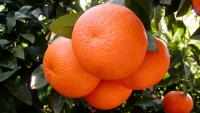

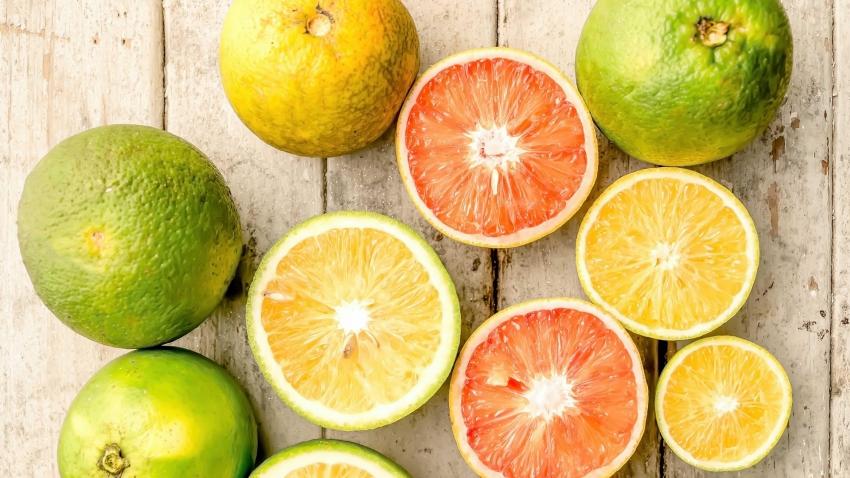
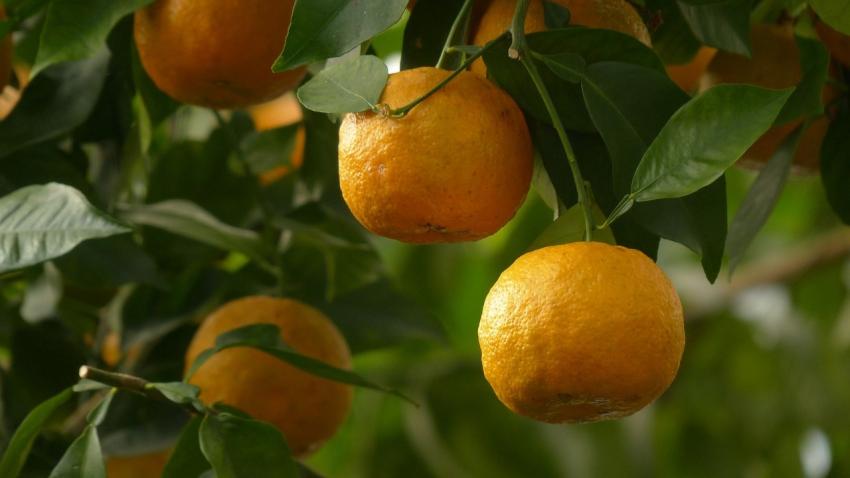
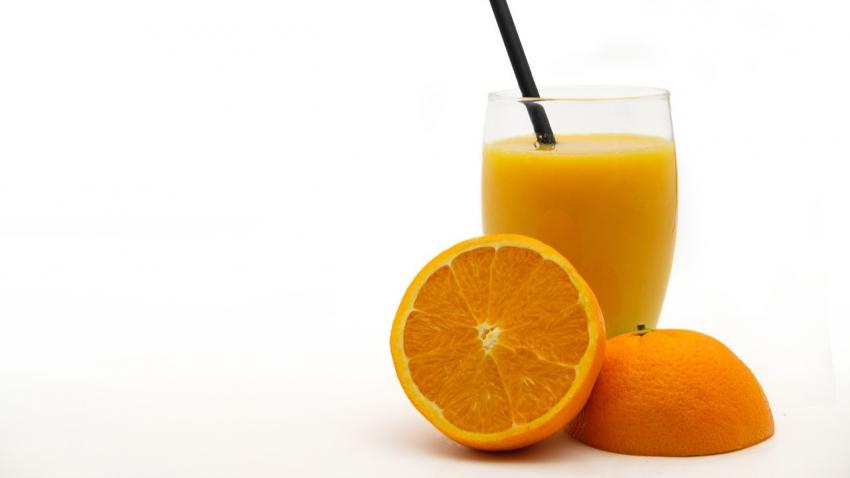







Add new comment